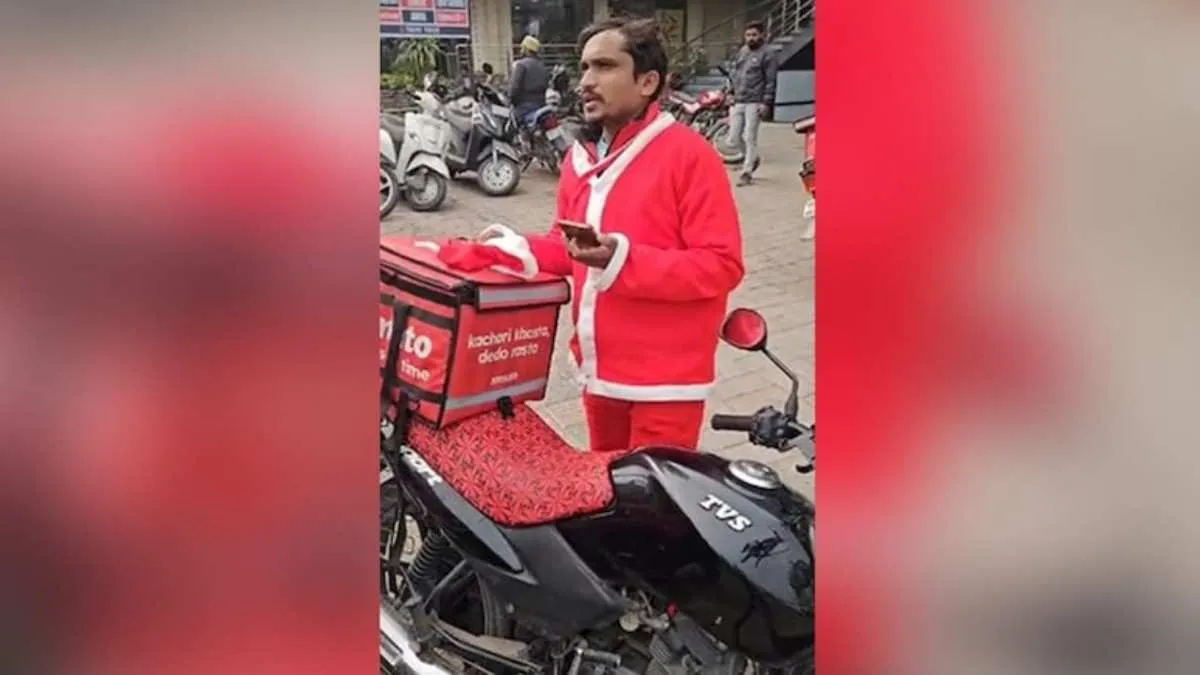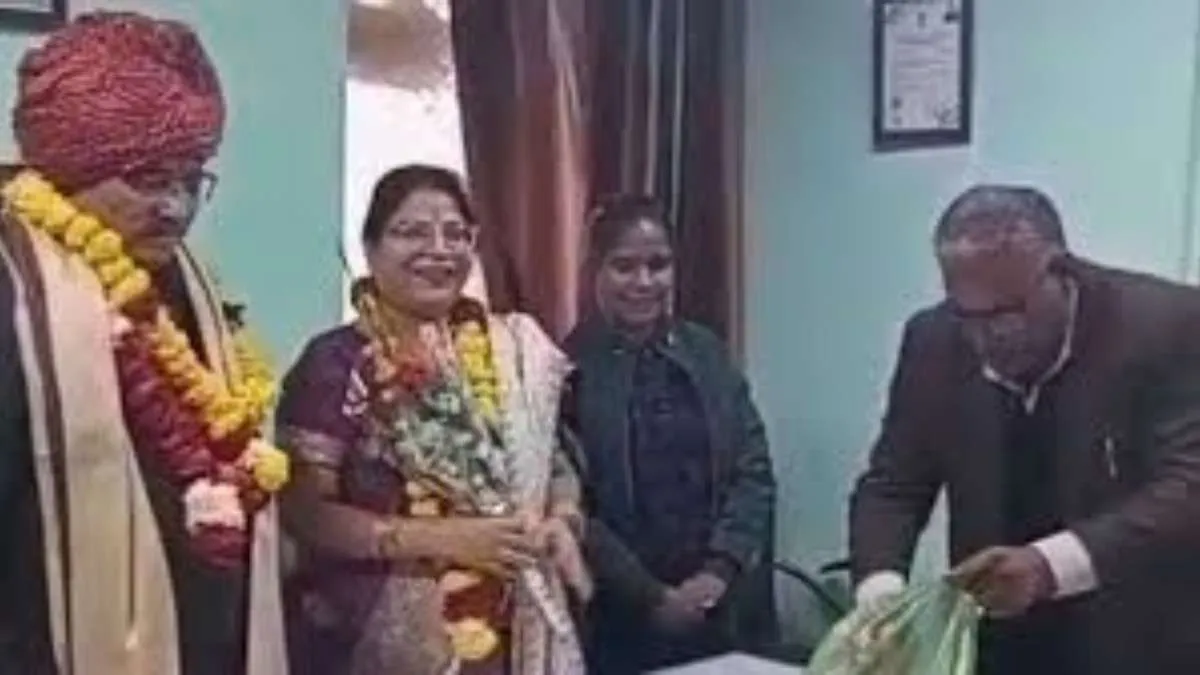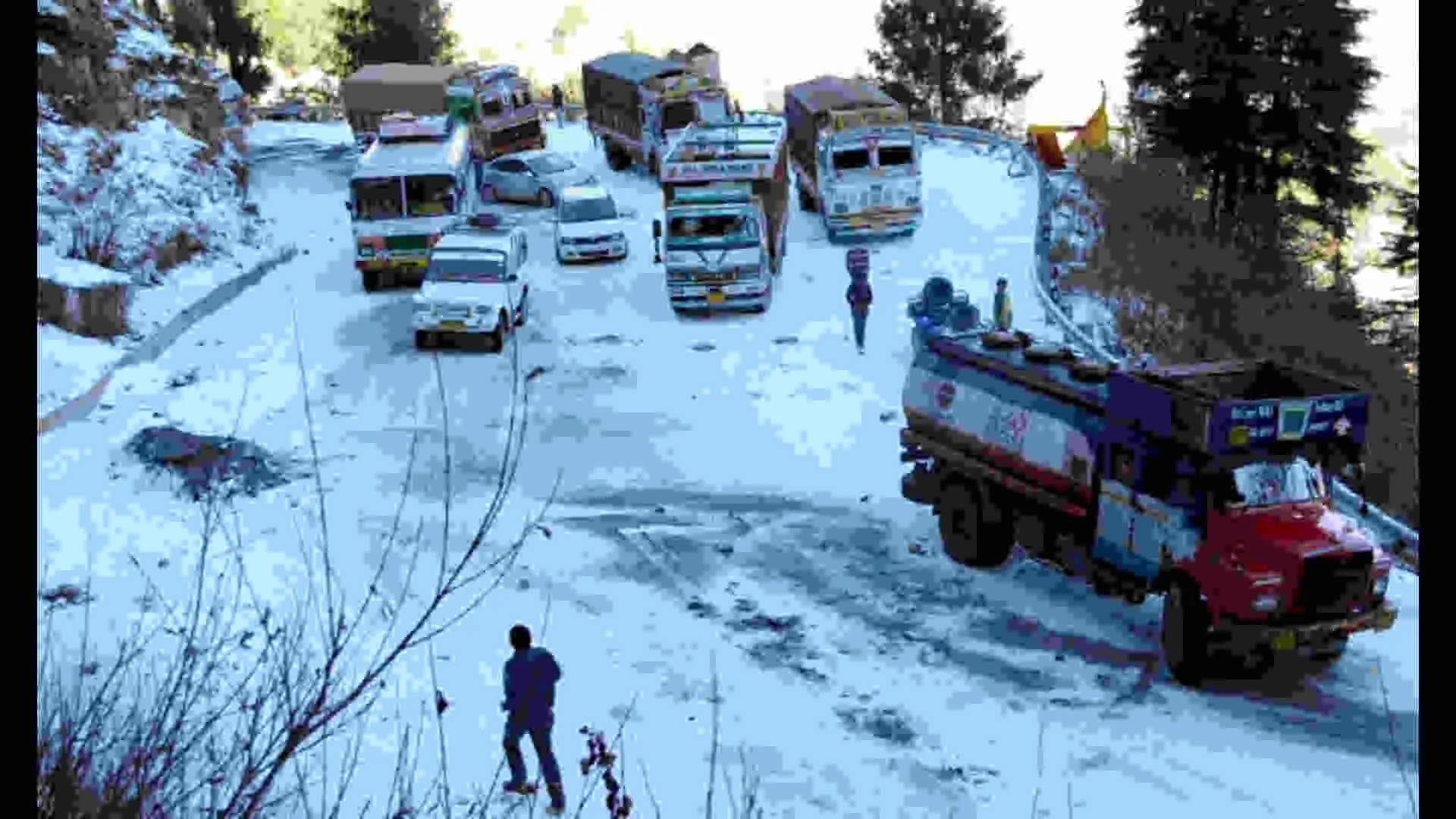The Supreme Court in the case Vinoj v. Union of India and Ors. observed while hearing the writ petition moved against an alleged embargo by the Tamil Nadu government on live screenings and the special poojas in connection with the Ram Mandir ‘pran prathistha’ ceremony.
The Supreme Court in the case cautioned against the blanket orders wherein it banned religious ceremonies in areas predominantly inhabited by members of other religions.
The bench comprising of Justice Sanjiv Khanna and Justice Dipankar Datta in the case observed and has issued the notice in this petition filed by a Tamil Nadu Bharatiya Janata Party, BJP wherein It is alleged that the Tamil Nadu government had banned the live telecast of the Ayodhya temple ceremonies and the conduct of poojas, annadanams and bhajans to mark the occasion of its consecration, slated to take place later in the day. The court also recorded the statement made on behalf of the Tamil Nadu government, which insisted that no such bans were in operation in the state.
The court stated that the said court believe and trust that the authorities will act in accordance with the law and not on the basis of any oral instructions.
The counsel, Solicitor General Tushar Mehta submitted before the court that the State was stopping screenings of the ‘pran pratistha’, even in private temples and urged the top court to send a strong message against this.
On the other hand, it has been argued by the law officer that no religious activity may be disallowed in the absence of any real apprehension, pointing to an order rejecting an application on grounds that members of another religions live in a particular area.
The bench headed by Justice Khanna in response stated that this court have asked the authorities to pass a speaking order giving reasons. Let the reasons come on record. We are living in a society where there are homogenous communities. But do not prevent, the religious activities which being only on the ground that A community or B community is living in a particular region. Thus, if there being any law-and-order situation, the application may be rejected. But not this, as we will know exactly how many applications you have allowed, and how many applications have been rejected.
The bench of Justice Datta stated that if such an order, banning religious processions and other ceremonies in areas inhabited primarily by members of one religion, were implemented across the state, then religions that are a numeric minority in an area would never be allowed to hold prayer meetings there. Thus, criticising the order that the solicitor general had mentioned.
The judge also stated that the reason which is provided in the said order is that Hindus are in the minorities here, and if they are allowed to hold prayer meetings, that will cause problems in the society. Is this a reason.?
Therefore, the Tamil Nadu Additional Advocate General Amit Anand Tiwari attempted to explain that it is actually related to the law-and-order situation. Suppose they want to carry out a procession in front of a mosque.
The bench of Justice Datta exclaimed that you regulate it then! You have the powers to regulate these processions by passing orders.







